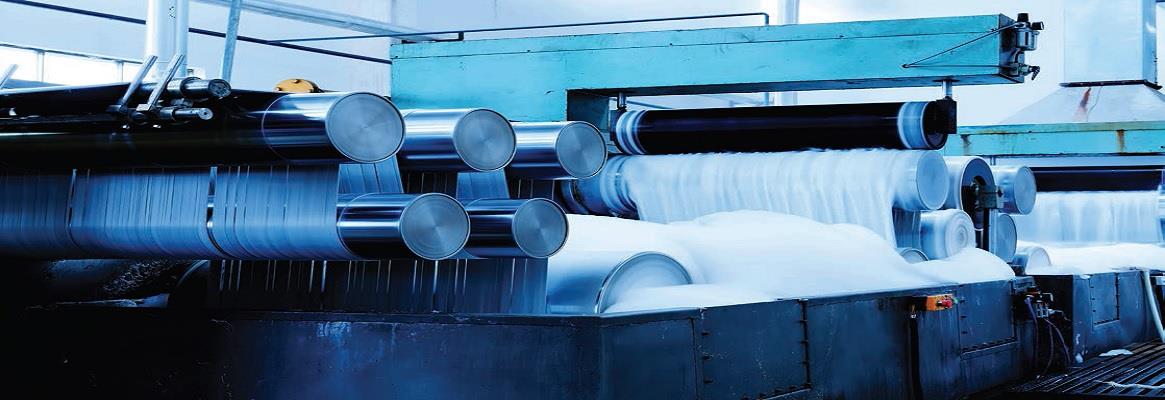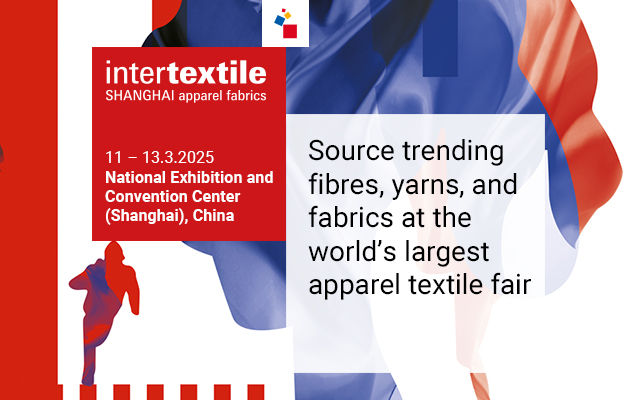The nature of a circular economy makes trust and collaboration crucial, because each part of the value chain is connected.
In a perfect circular world, we could simply de-atomise our products and reuse all our materials, with no new virgin materials required. Unfortunately, the real world—and products in particular–is more complex.
Combining different materials has delivered our current standard of living, but it also makes transitioning to a circular economy more challenging. Re-evaluating materials and their use are going to be key in making the transition. For simple products made from one type of material—such as glass, paper, textiles, metal, or plastics—recycling, including chemical recycling and biological recycling (composting), will be key. For complex products, end-of-life management is more challenging and will require more extensive research. Switching to more sustainable raw materials is a good starting point while we work on end-of-life solutions.
To read the complete article, order your copy of Sustainability Compendium now








Comments